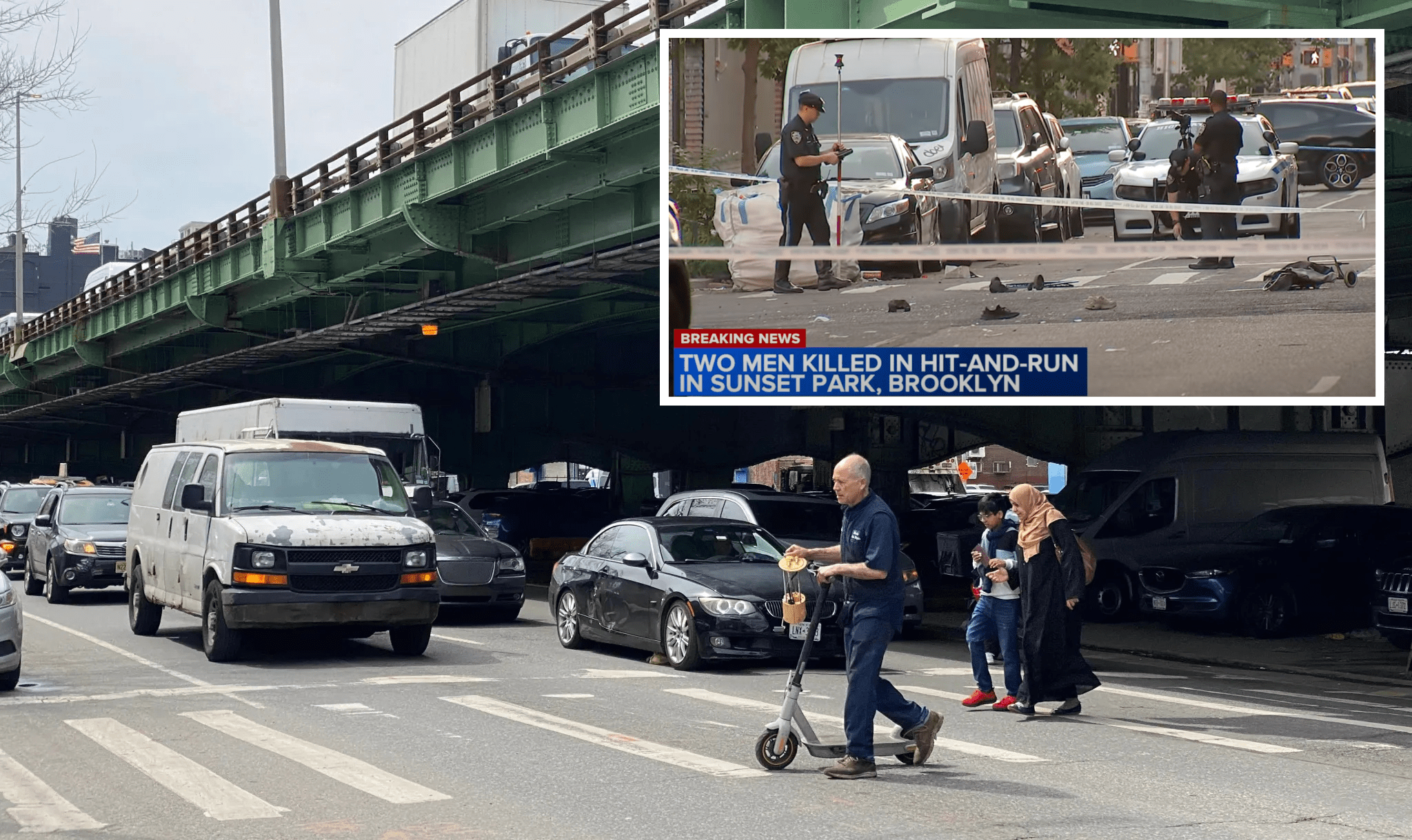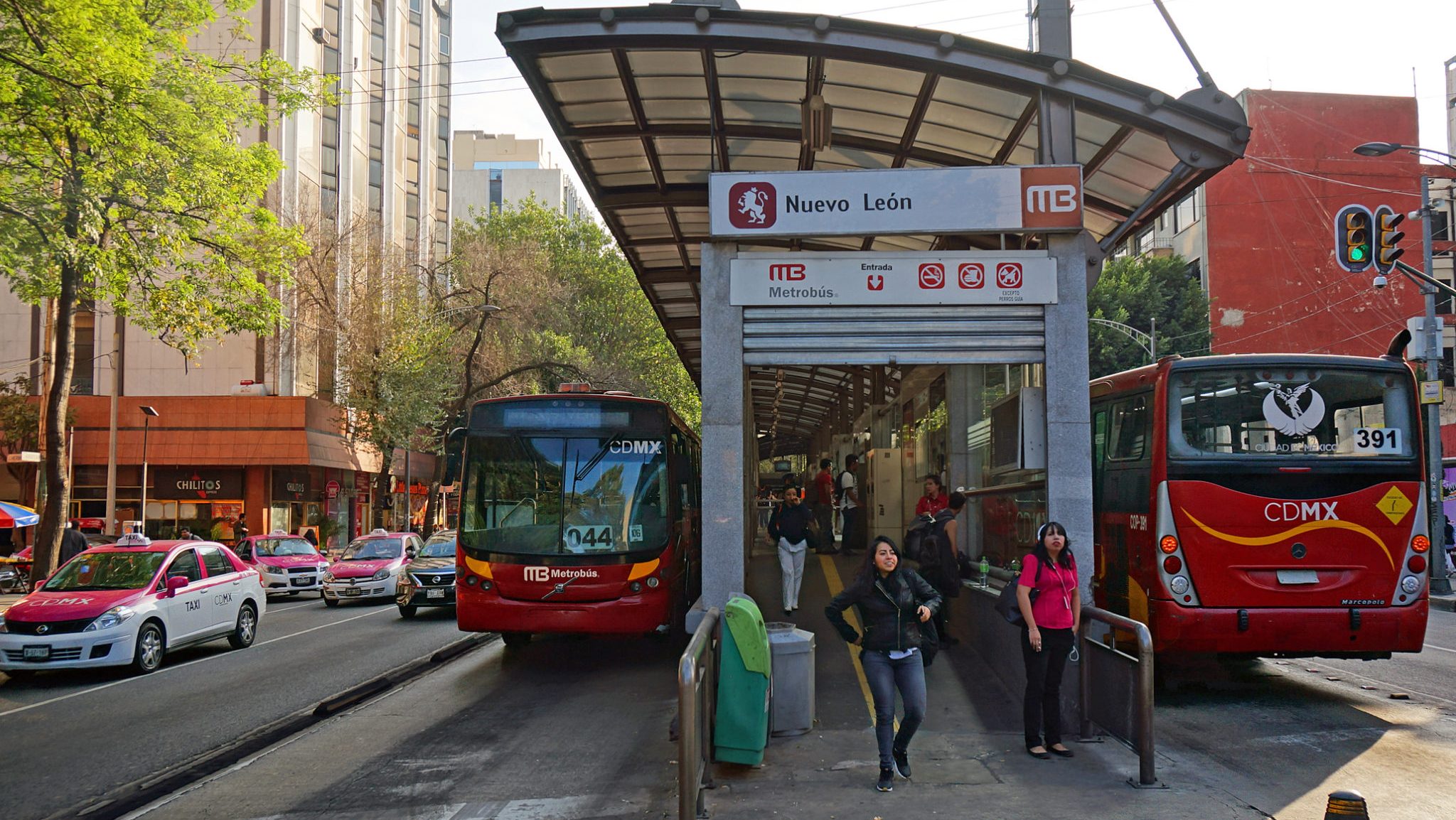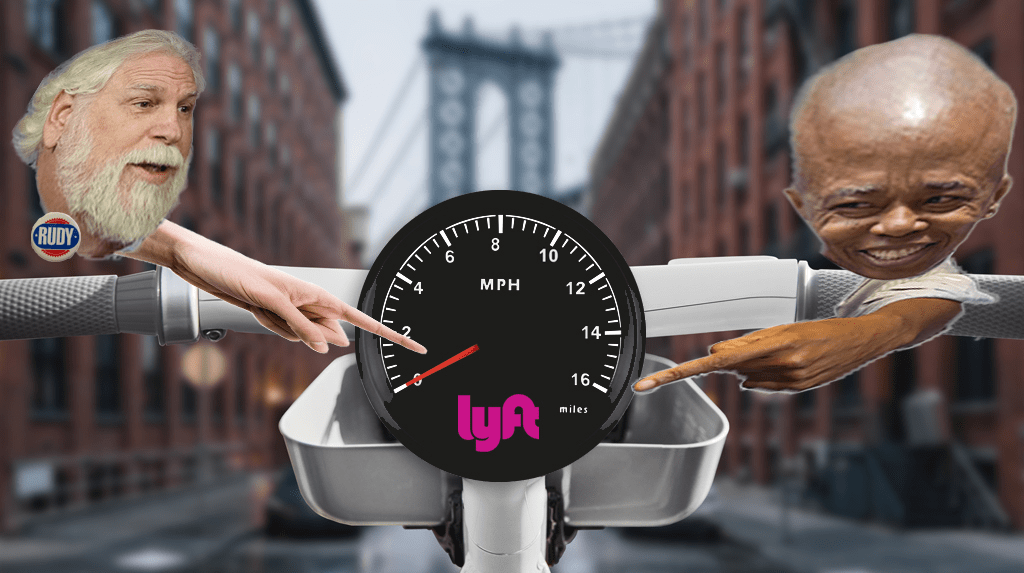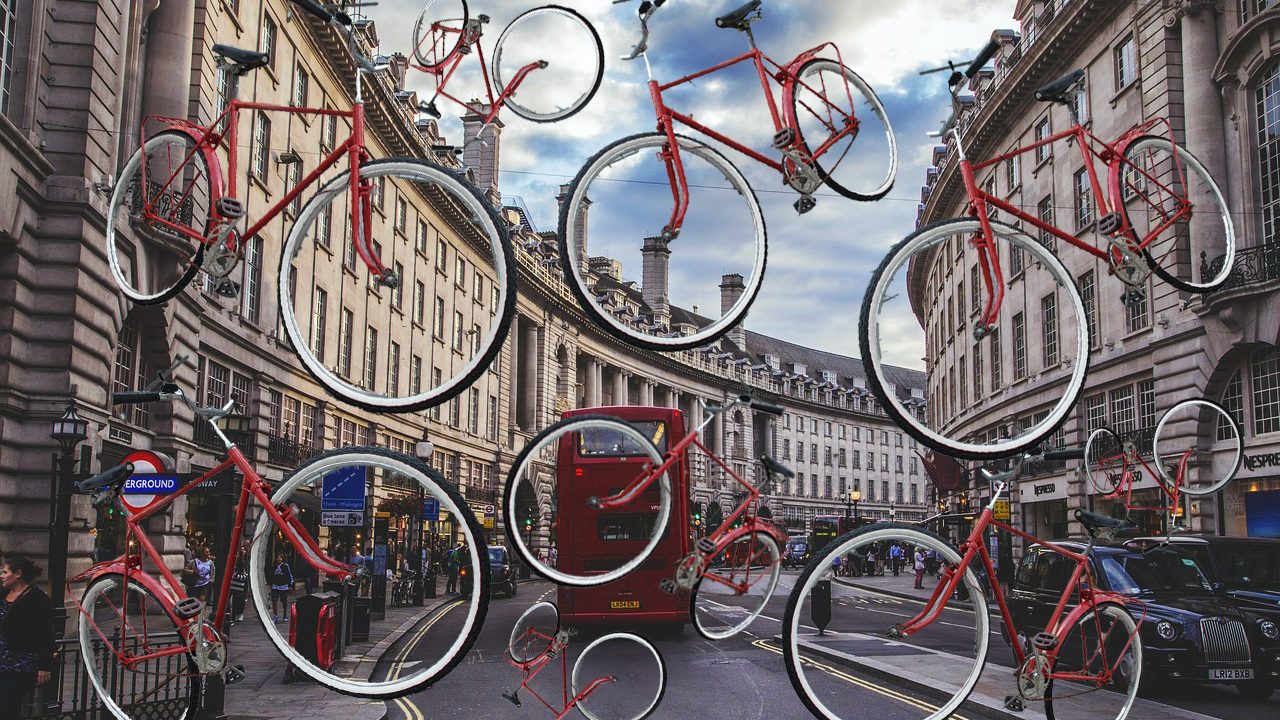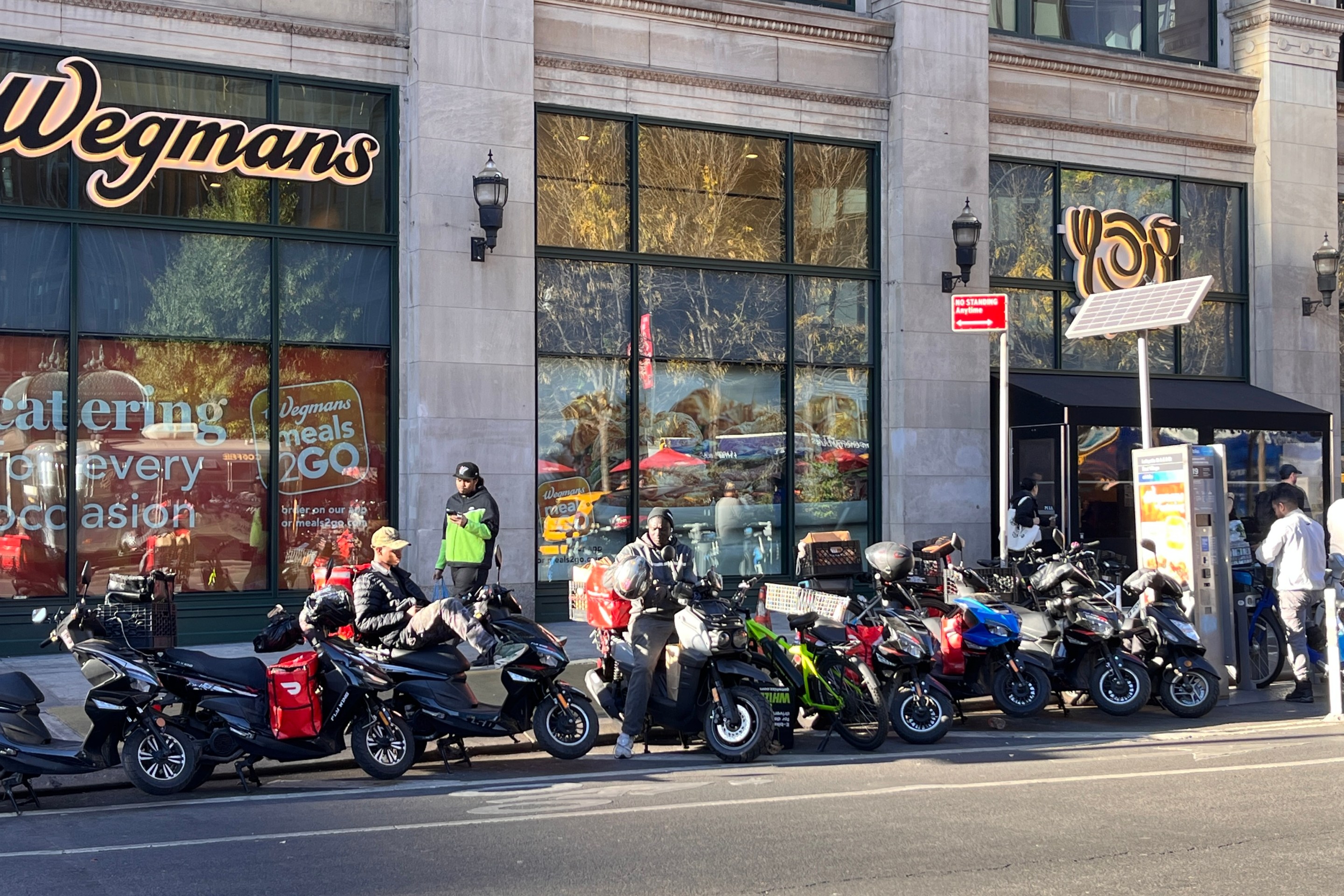Sure, let's make it easier to own a car in the city.
Mayor de Blasio admitted that he is considering easing alternate-side-of-the-street regulations after the coronavirus pandemic is over — rather than following through on a request from multiple Manhattan community boards to make it more difficult to park for free in this town.
The mayor's comment came after the city announced that the current suspension of alternate-side rules would continue for another week before the city finally did some street sweeping during the week of May 18. Alternate-side rules would again be suspended after that for at least two more weeks.
Jefferson Mays from the Times asked de Blasio if the city has "considered any permanent changes to alternate-side parking" — and the mayor's thoughts flowed in the direction to which they often flow: that parking is something that all New Yorkers care deeply about, even though only 1.4 million residents out of more than eight million have access to a car.
"When you get back to something more normal, there's a strong argument that you want to restore [alternate-side rules] fully, but ... we’ll certainly look to see if there's a bigger lesson that we can learn vis-à-vis alternate side that might change the approach for the future," he said. "I definitely think there's some places still in the city where we're doing more alternate side than is needed. So I think there's an opportunity here to reassess frequency, for sure."
The mayor's comment flies in the face of months of activism preceding the coronavirus outbreak when several Manhattan community boards took up the issue of how much public space the city gives to car owners to store their private property in public, typically for free along thousands of residential streets that often get clogged with delivery vehicles or could simply be repurposed for greater public good.
In February, back in the days when you could cough in public without causing people to call 911, Community Board 7 on the Upper West Side demanded that the city study the issue of free parking to see if curbside space "could provide greater benefit to the community, improve traffic flow and promote safer streets."
Community Board 2, which covers the West Village and Soho, followed with a similar resolution later in the month.
At the time, congestion-pricing expert Charles Komanoff called the resolution "a significant marker on the long road to breaking car culture." (Council Speaker Corey Johnson has also talked about free parking as the original sin of car domination of New York.)
After hearing the mayor's comment on Monday, Komanoff did not mince words.
"What a f--king moron," Komanoff said. "Alongside the imperative of street-cleaning, the great value of alternate-side parking has been to dampen car ownership somewhat. No one knows exactly how many, but there are almost certainly thousands — tens of thousands, probably — of New Yorkers who have been dissuaded by alternate side from owning or keeping a car in the city. It literally raises the cost to keep a car here ... not to its full social cost, but by a considerable amount nevertheless. Lower this cost, and the result will be a big influx of personal/private cars.
"That, in turn, will bring about a big increase in usage — when you've got a car, you'll use it — and not just for that mythical out-of-town jaunt," Komanoff added. "[And that] will usher in more of the costs of urban driving -- crashing, killing, bullying, gridlocking, polluting, NIMBY-ing. Like I said, a moron."
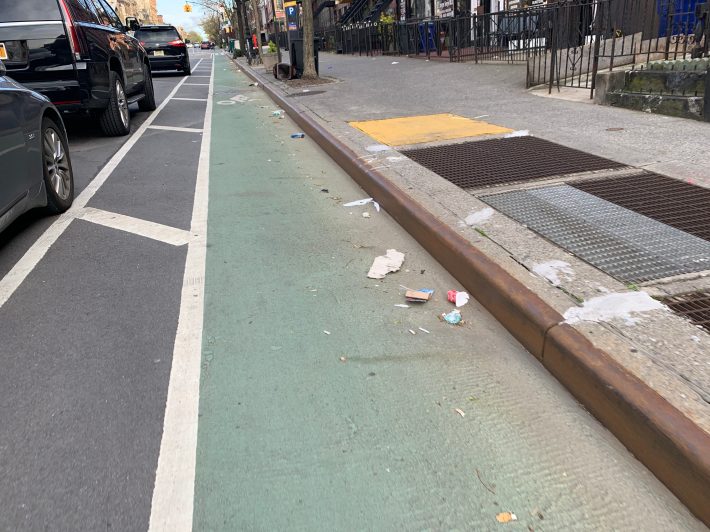
Transportation Alternatives spokesman Joe Cutrufo was more diplomatic:
"While the mayors of London and Paris are thinking big about how to reimagine their streets so that they don't go back to pre-pandemic levels of congestion and pollution, the mayor of New York is thinking about how to make it easier to store cars on the street," he said.
Community Board 7 Transportation Committee Chairman Howard Yaruss was also appalled by the mayor's comments today.
"At a time when the city's very future is at stake, taking actions that would promote private cars over mass transit and fail to take advantage of a much-needed revenue opportunity are a massive mistake," said Yaruss, speaking as a neighborhood resident, not as a board official.
A member of Community Board 4, which covers Hells Kitchen, also was shocked that the mayor would go the wrong way on parking.
"That is a lack of imagination and a missed opportunity," said Christine Berthet, founder of the venerable community group CHEKPEDS. "The alternate-side-parking system has to go."
In the short term, Berthet said the city should widen sidewalks with painted zones or add bike lanes so that street sweepers can go wherever they need, and public space could accommodate more walkers and cyclists. The benefit to drivers would be that they wouldn't have to move their cars (but everyone else would benefit from better-designed public space).

